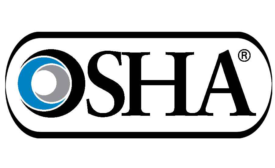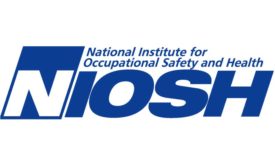News
AHA says proposed rollbacks to school food programs will harm health
“It is shocking that the USDA has decided to once again put the health of our children at risk"
January 20, 2020
A NIOSH Science Blog post
Injury among temporary and permanent workers in Ohio
January 17, 2020
Never miss the latest news and trends driving the safety industry
eNewsletter | Website | eMagazine
JOIN TODAYCopyright ©2024. All Rights Reserved BNP Media.
Design, CMS, Hosting & Web Development :: ePublishing








